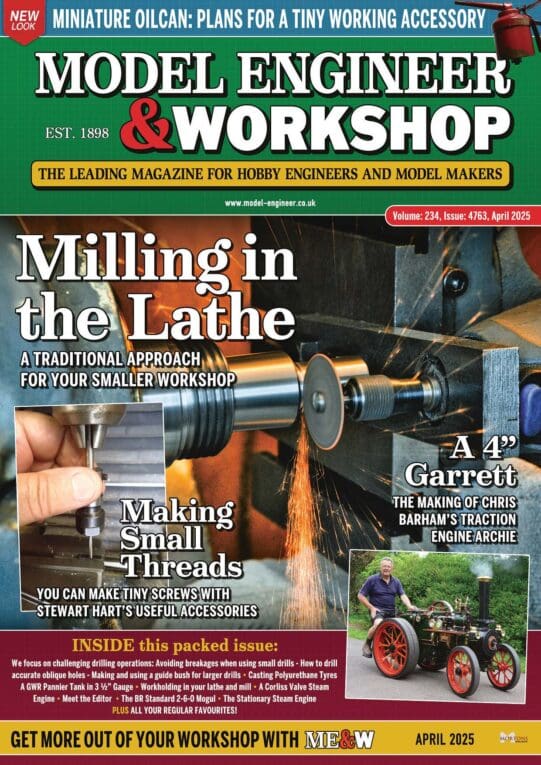Welcome, Mike!
Age is NO barrier.
Keeping your mind and body active will be good thing for you.
I keep forgetting where I put down my 6" rule!
Lincoln and District may be the closest Club to you.
Join, and you will meet (Covid permitting ) with fellow Model Engineers, who will help to give guidance and tuition, and advice on how to go about things.
We all like to ride our particular hobby horses, though!
You will find a metal turning lathe even more useful and versatile than a wood turning lathe, but some techniques and equipment will differ.
Which machine you choose will depend on what you intend to make; so the advice and experience of M E Club members will help you.
You will not start straight into building a loco, if you want to avoid disappointments. A 2-10-0 is not a good starting point for a novice! And once you get into 5" gauge, lifting a model can become a two person task.
A mini lathe can be about as much as one person can lift to install or reposition. A lathe that can swing 12" will weigh around 300Kg so definitely a job for lifting equipment! Even a chuck for such a machine can be quite heavy, when you want to change it.
FAR better to make mistakes, and learn, on a bit of mild steel bar than on an expensive casting from a kit!
Learn the basics first of all, finding out what accessories you need to supplement your lathe. (You will have to have measuring equipment, and how to use it, drills and Taps and Dies. )
Some accessories, you can make. This will provide good experience for you, and improve confidence, while producing tools which will be of use in the future. Tap Wrenches, Die Holders, (Hand or Sliding Tailstock variety come to mind ), and a Centre Height Gauge will save time and frustration in the future.Almost certainly, you will need a Bench Grinder. This will enable you to grind High Speed Steel (NOT Carbide ) tools; again a useful learning experience..
You are doing this as a hobby, not on piece work, so a few seconds saving on an operation is not essential.
Read up on using a lathe.
A set of Zeus Charts will be an often used reference pocket book.
Ian Bradley "The Amateurs Workshop" is good.
L H Sparey, The Amateurs Lathe" is regarded by many as the "bible" for Model Engineers.
Harold Hall, ( former M E W Editor )and Neil Wyatt (Curreent M E W Editor ) have each written books entitled "Lathework"
The "Workshop Practice Series" contains volumes on particular aspects of Model Engineering and the tooling involved. You will not need all, by a long way. .
You have now seen some of the hobby horses in my stable
Howard
Michael Foster 4.




